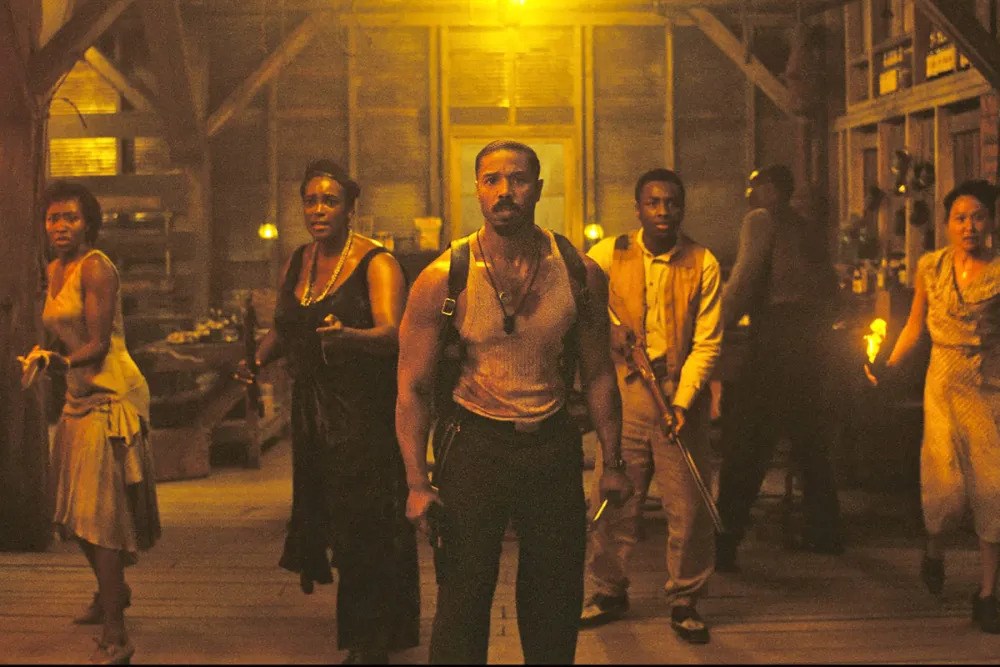Released Palestinian Detainees Allege Torture and Mistreatment in Israeli Custody

Warning: This article contains distressing content.
Palestinian detainees who were released and returned to Gaza have shared harrowing accounts of mistreatment and torture endured at the hands of Israeli military and prison personnel. These allegations contribute to a growing body of reports highlighting misconduct within Israel's military barracks and jails.
Among the released individuals is 36-year-old mechanic Mohammad Abu Tawileh, who described a particularly horrific incident in which he was attacked with chemicals and set ablaze. âI thrashed around like an animal in an attempt to put the fire out on my body,â Tawileh recounted, illustrating the desperation and pain he experienced during his detention.
The BBC conducted comprehensive interviews with five detainees who were arrested in Gaza following the deadly 7 October 2023 attacks by Hamas and other militant groups, which resulted in the loss of approximately 1,200 lives in Israel and the kidnapping of 251 hostages. The men had been held under Israel's Unlawful Combatants Law, a controversial legal framework allowing for the long-term detention of individuals suspected of posing a security risk without formal charges. This law has drawn criticism for its potential for abuse, particularly in the context of the ongoing conflict.
The detainees reported being interrogated about their alleged links to Hamas and the whereabouts of hostages and tunnels but were ultimately not found to have participated in the attacks that prompted their arrests. This lack of formal charges has raised further questions about the legality and ethics of their detention.
Some of the detainees freed under a recent ceasefire agreement were serving sentences for serious crimes, including the killing of Israelis, but the individuals interviewed by the BBC were not among them. The Israel Defense Forces (IDF) and the Israel Prison Service (IPS) were approached for comment regarding any convictions or accusations against these men, but did not provide a response.
The harrowing testimonies reveal a pattern of abuse, with each detainee recounting experiences of being stripped, blindfolded, handcuffed, and subjected to physical violence.
- Several detainees reported electric shocks, threats involving dogs, and denial of necessary medical care.
- Some witnessed the deaths of fellow detainees, while others described incidents of sexual abuse.
- In a particularly shocking account, one man described having his head submerged in chemicals and being set on fire.
Legal representatives and medical staff who treated these individuals upon their return corroborated the severity of their accounts. The BBC presented a detailed letter outlining the allegations to the IDF, which did not specifically address the claims but asserted a complete rejection of systematic abuse of detainees. The IDF stated that certain allegations would be examined by the relevant authorities but criticized others for lacking sufficient detail.
Dr. Lawrence Hill-Cawthorne, co-director of the Centre for International Law at the University of Bristol, emphasized that the treatment described by the detainees is inconsistent with both international law and Israeli law, asserting that such actions could constitute torture. âUnder international law, all detainees must be treated humanely, regardless of the circumstances,â he stated, underscoring the obligations of the state to ensure the welfare of those in custody.
The five men interviewed were part of the larger group of approximately 1,900 Palestinians exchanged for 33 Israeli hostages amid the ongoing conflict and negotiations. While some hostages have reported being abused and subjected to starvation by their captors in Hamas, the accounts from the released Palestinian detainees paint a similarly grim picture of their treatment during detention.
Israel has stated that forensic tests indicate some of the deceased hostages returned in the ceasefire were killed by Hamas, a claim that the group denies. The five men described a consistent narrative of abuse from the moment of arrest to the various facilities in which they were detained.
Reports from additional released detainees corroborate these experiences, with numerous accounts of beatings, deprivation of food and water, and symptoms of illness following their return from custody. These accounts align with testimonies gathered by Israeli human rights organization B'Tselem and the United Nations, which detailed patterns of severe mistreatment, including electric shocks, humiliation, and other forms of torture.
As international journalists are currently barred from accessing Gaza, the BBC conducted interviews via phone and text and through contracted freelancers within the territory. The conditions described by the detainees included extreme physical and psychological distress, with many recounting episodes of torture and abuse during their time in custody.
Mohammad Abu Tawileh specifically recalled being tortured for days during his detention. He described being held for three days of interrogation, during which soldiers subjected him to chemical burns and other forms of violence. During his time at a field hospital in southern Israel, Tawileh was reportedly restrained to a bed and denied basic human dignity, a pattern noted by other medical professionals familiar with similar cases.
Despite the IDFâs assurances of oversight and adherence to laws governing the treatment of detainees, the accounts collected suggest a systemic issue of abuse and neglect. The testimonies note instances of being subjected to stress positions, relentless beatings, and intimidation tactics involving dogs and other threats.
Abdul Karim Mushtaha, another detainee, recounted being severely beaten during his arrest at an Israeli checkpoint while trying to evacuate with his family. His experiences echo those of other detainees, highlighting a troubling trend of dehumanization and violence perpetrated against individuals under Israeli custody.
The IPS has denied any allegations of abuse, asserting that it operates within the bounds of the law and monitors the conduct of its personnel. However, the testimonies provided by various interviewees paint a starkly different picture, suggesting a culture of impunity and abuse within Israeli detention facilities.
The BBC also gathered accounts from a younger detainee, Ahmed Abu Seif, who was arrested on his 17th birthday. His experiences of torture and mistreatment serve to highlight the impact of these policies on vulnerable populations, including minors. Reports of sustained physical and psychological trauma following release raise significant concerns regarding the long-term ramifications of such treatment.
The harsh reality faced by these detainees upon release is compounded by the widespread implications of the conflict. Many are left grappling with physical injuries, psychological scars, and the lasting impact of their experiences in custody. As the conflict continues, the need for accountability and adherence to international law remains critical.
In summary, the testimonies of these released detainees paint a harrowing picture of abuse, mistreatment, and potential violations of international law in Israeli detention facilities. As these accounts garner international attention, the urgent need for oversight and reform within the Israeli military and prison systems becomes more apparent.




























